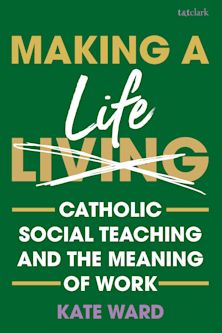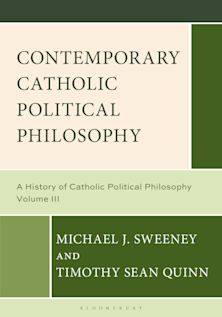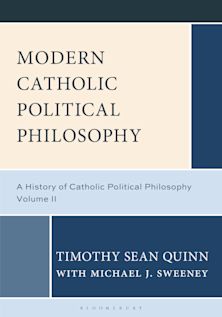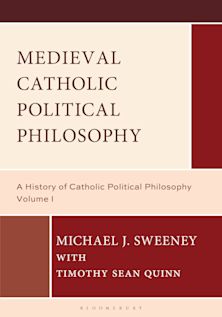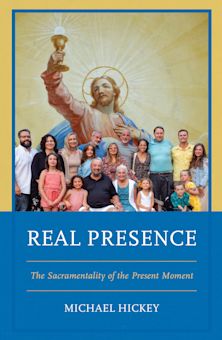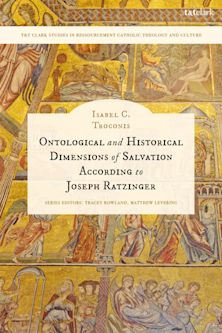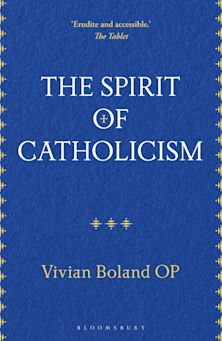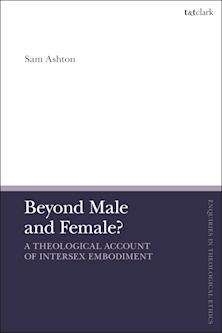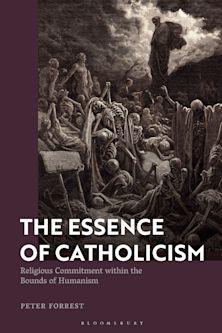The Vows of Religious Life in a Secular Society
Touching Wholeness
The Vows of Religious Life in a Secular Society
Touching Wholeness
Get 40% on two or more titles from T&T Clark
- Delivery and returns info
-
Free CA delivery on orders $40 or over
Description
This book investigates religious vows, shedding light on the type of faith that can sustain humanity in secular times. It examines the personal impact of religious life as well as its potential to foster a sense of completeness within society at large.
Unbelief in today's society can be partially rooted in the shallowness of the sort of religion that the secular can abandon. Such a religion, characterized as magical, shallow, illusory, or rooted solely in external rituals, lacks the depth required to thrive in a secular society. It fails to address the profound aspects of human existence, the authentic freedom of the spirit, and the enduring obedience of faith.
This study of religious vows uncovers their deeper meanings in light of these challenges. It invites us to consider whether religious life, despite contemporary criticisms, can be seen as "touching wholeness". This book does not only delve into the theological foundations of these vows but also key areas which impact their understanding and living in new contexts. It surveys sociological landscapes and goes beyond to encompass shifts in science, psychology, theology. Religious life in this sense is part of the renewal of the church, as well as an agent in it.
By focusing briefly on each vow, Judtih A. Merkle illustrates how religious life serves as a bridge connecting the secular and the sacred. It is a life focused on love of God and service of others which is a witness to the coming of Kingdom of God, and values which truly matter in contemporary society.
Table of Contents
Part 1 Foundations
Chapter 1
Touching Wholeness in an Age of Contingency
Chapter 2
Touching Wholeness in a World of Interrelationships
Chapter 3
Touching Wholeness in a Wounded World
Chapter 4
Touching Wholeness: The Path of Vows
Part 2 The Vows in a Secular Society
Chapter 5
Obedience: The Challenge of Autonomy and Plurality
Chapter 6
Poverty: The Challenge of Agency and Finitude
Chapter 7
Celibate Chastity: The Challenge of Singularity and the Other
Bibliography
Index
Product details
| Published | Sep 18 2025 |
|---|---|
| Format | Paperback |
| Edition | 1st |
| Extent | 176 |
| ISBN | 9780567715876 |
| Imprint | T&T Clark |
| Dimensions | 234 x 156 mm |
| Publisher | Bloomsbury Publishing |
Reviews

ONLINE RESOURCES
Bloomsbury Collections
This book is available on Bloomsbury Collections where your library has access.












